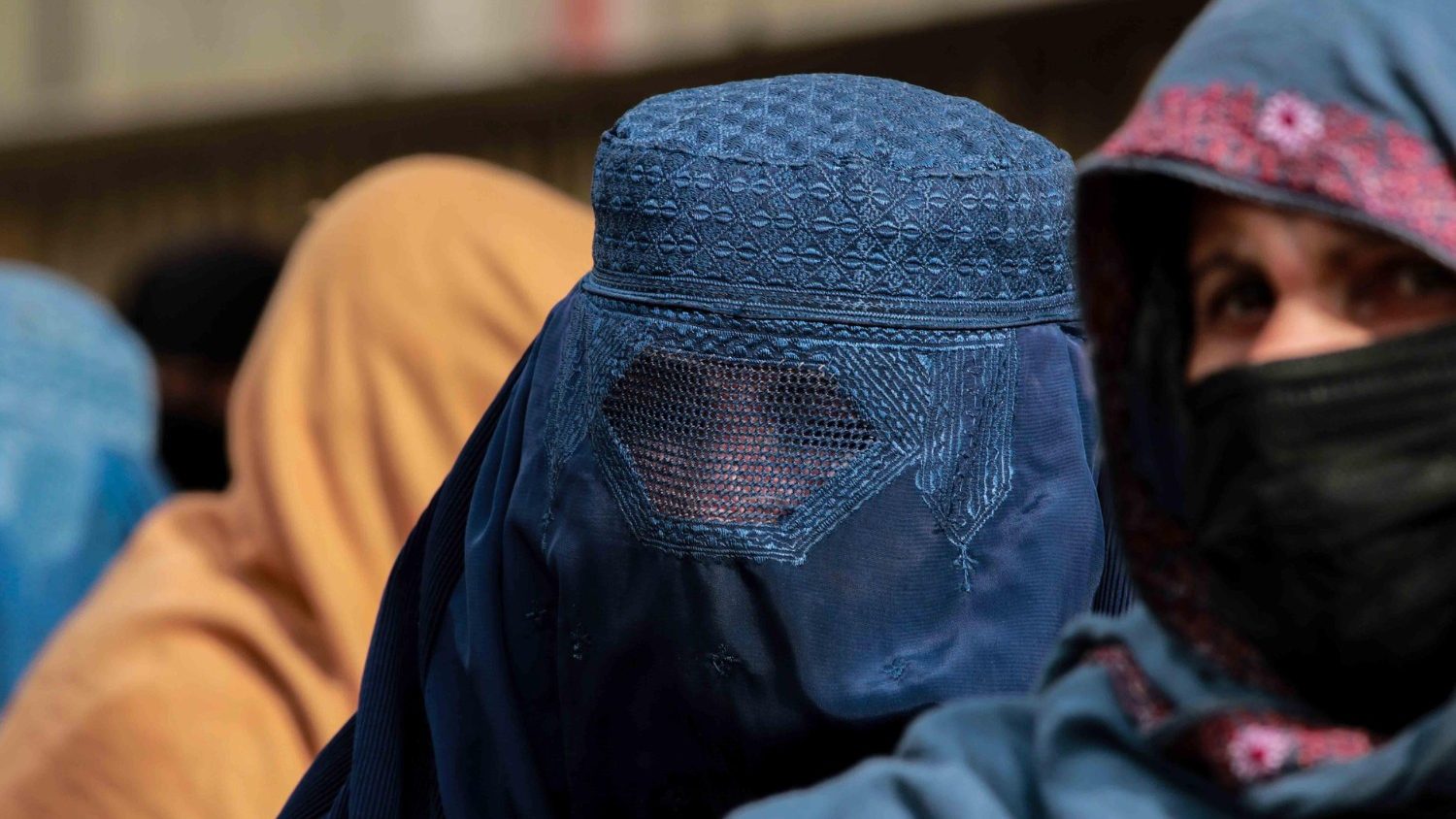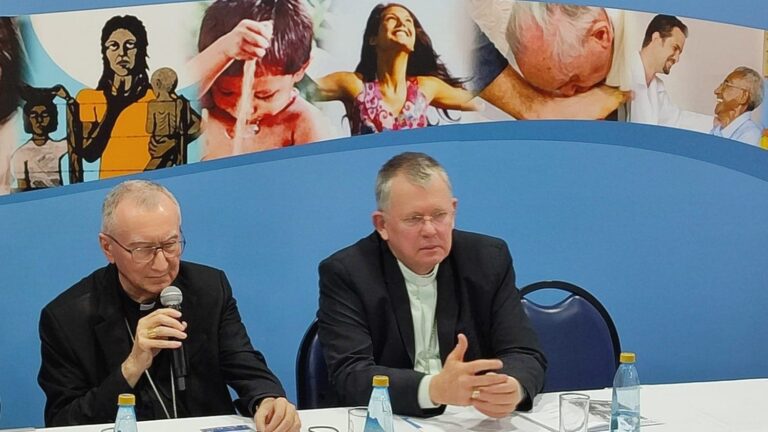Afghanistan: Raising our voices for those who no longer have one
The Taliban have banned women from speaking and singing in public – the latest in a series of laws passed by the Kabul government that violate the human rights of Afghan women, exactly three years after the withdrawal of US troops from the country.
By Alessandro Gisotti
Imagine that you leave your house tomorrow morning and on your way to work you hear only the sound of male voices on the street. The experience is all the more strange because you meet women, just like the day before, but none of them speak. At most, they whisper.
Imagine yourself walking through a park and a mother rocking her baby to sleep. But she does it in silence, without singing a lullaby like she did the previous morning, which happens everywhere else in the world.
This scenario, worthy of a dystopian film or an Orwellian tale, is what is currently happening in Afghanistan, where, by order, the Taliban decided, overnight, that not only the face and body of women, but even their voices no longer have the “right of citizenship” in social life.
The news was picked up by the international media, but unfortunately it did not get the coverage it deserved and has not – so far – sparked resounding protests and mass movements as so many other civil issues and struggles rightly do.
But we should all be shocked and outraged by such a decision, because mutilating a woman’s voice is an unprecedented act of violence that can only harm the entire human community, regardless of its religious, ethnic or cultural affiliation. If we are truly “members of one another,” as Pope Francis reminds us every day, then we cannot remain indifferent, because these little girls, these Afghan girls, are also our daughters. And we must raise our voices for them, who no longer have that voice.
Just three years ago, on August 31, American troops hastily completed their withdrawal from Afghanistan and the Taliban regained power. Since then, a nightmare has begun for the women of this Asian country, a nightmare that seems endless, but at the same time was predictable: first the exclusion of girls over 12 years old from schools (what could be more contemptible than stealing the future of a generation?), then the gradual deprivation of all their fundamental rights.
And now, they are even being stripped of their voices in public. In a media landscape that is sometimes distracted by news that leaves no time to waste, we must all remember that millions of women have been forbidden to speak, to sing. Women who, in 2024, have had their voices taken away, as well as their hope for a better world.






